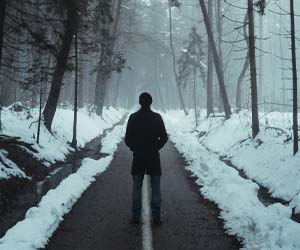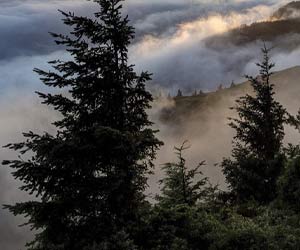Walden: 150th Anniversary Edition
Select Format
Select Condition 
Book Overview
One of the most influential and compelling books in American literature, Walden is a vivid account of the years that Henry D. Thoreau spent alone in a secluded cabin at Walden Pond. This edition--introduced by noted American writer John Updike--celebrates the perennial importance of a classic work, originally published in 1854. Much of Walden's material is derived from Thoreau's journals and contains such engaging pieces from the lively "Where I Lived, and What I Lived For" and "Brute Neighbors" to the serene "Reading" and "The Pond in the Winter." Other famous sections involve Thoreau's visits with a Canadian woodcutter and with an Irish family, a trip to Concord, and a description of his bean field. This is the complete and authoritative text of Walden--as close to Thoreau's original intention as all available evidence allows.
This is the authoritative text of Walden and the ideal presentation of Thoreau's great document of social criticism and dissent.Customer Reviews
The Map Back to Eden
Walden Mentions in Our Blog

As we welcome the month ahead, we're shining a light on notable and acclaimed July-born authors. We're delighted to celebrate them and their beloved works of fiction, nonfiction, poetry, theater, and more.


Our current circumstances have a lot of people talking about the Nordic tradition known as friluftsliv (pronounced free-loofts-liv). Translated as open air life, it is the idea of spending as much time outdoors as possible, no matter the weather. So get on out there!

In celebration of Edward Abbey's birthday earlier this week, we are featuring a reading list of similar authors who came before and after him. More than just environmentalists, these activists raised clarion calls in defense of nature.







